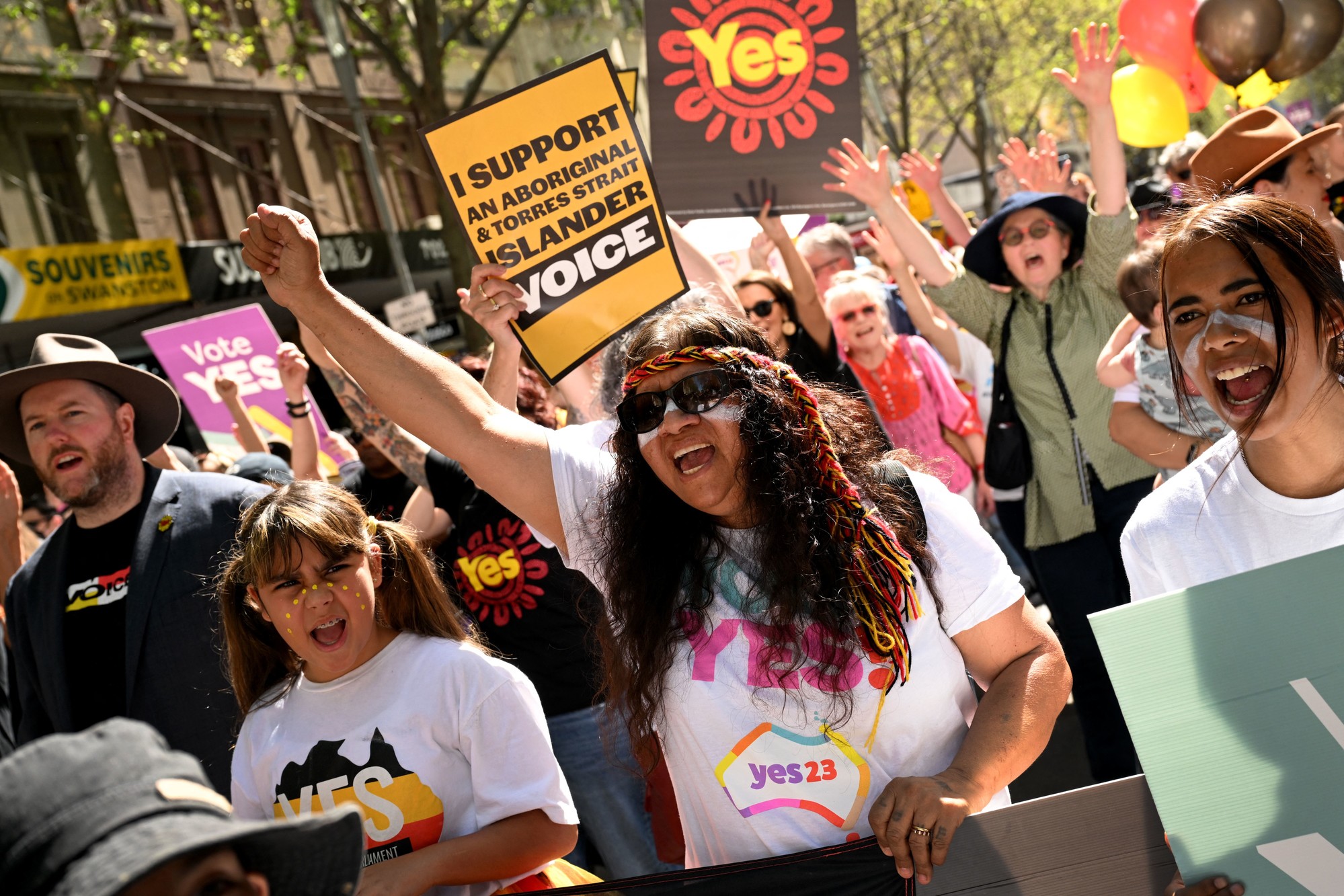Human Rights Violations in Saudi Arabia: A Critical Overview
Human rights in Saudi Arabia 🔗

Human rights in Saudi Arabia have been under serious scrutiny, marked by arbitrary arrests, unfair trials, and severe restrictions on freedom of expression. Individuals, including human rights defenders, face harsh penalties for exercising their rights, often after grossly unfair trials. Migrant workers continue to endure exploitation and abuse, with many subjected to forced labor under the kafala system. Despite some reforms, such as limited protections for domestic workers, significant gaps remain. The death penalty is frequently applied, including for non-lethal crimes, and women continue to experience systemic discrimination. International bodies have raised concerns about these issues, yet the Saudi government has failed to implement substantial changes.
- Arbitrary arrests and unfair trials are common for those voicing dissent.
- Migrant workers face ongoing exploitation and lack adequate legal protections.
- The death penalty is applied widely, often following unfair trials.
- Women experience discrimination in various areas, including legal rights.
- International criticisms have not led to significant reforms in Saudi human rights practices.
What types of rights violations are prevalent in Saudi Arabia?
Arbitrary arrests, unfair trials, forced labor, and severe restrictions on freedom of expression are significant issues.
How are migrant workers treated in Saudi Arabia?
Migrant workers often face exploitation, forced labor, and a lack of legal protections under the kafala system.
What has been the international response to Saudi Arabia's human rights record?
International bodies have raised serious concerns about human rights violations, but the Saudi government has not implemented meaningful reforms in response.